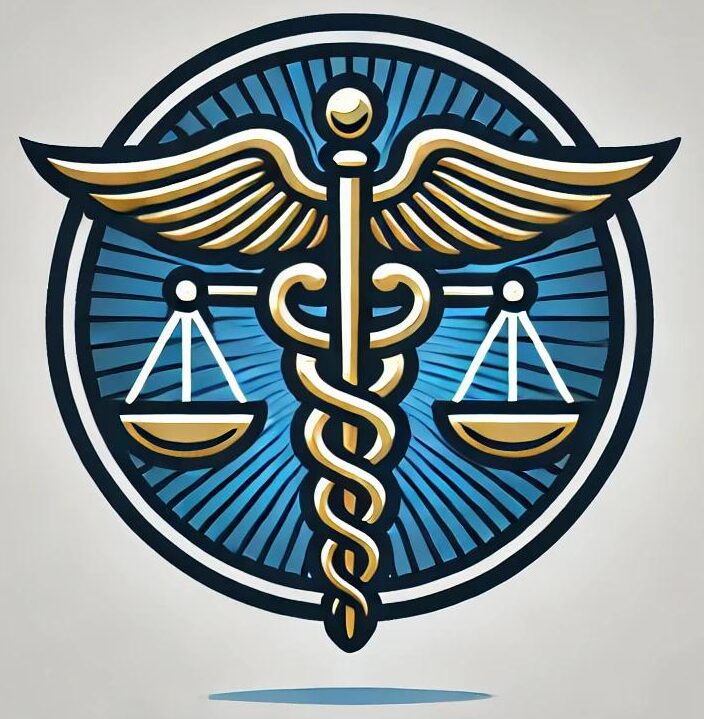In the complex landscape of legal disputes, finding efficient and effective means of resolution is crucial. Judicial Arbitration and Mediation Services (JAMS) has established itself as a leading provider of alternative dispute resolution (ADR) services, offering mediation and arbitration as viable alternatives to traditional litigation. This article delves into the essence of JAMS mediation and arbitration, exploring their benefits, processes, and the impact on the legal community.
What is JAMS?
Founded in 1979, JAMS is one of the largest private ADR providers in the world. It offers comprehensive services to resolve conflicts outside of court, including mediation, arbitration, and other dispute resolution processes. JAMS boasts a panel of experienced neutrals—judges, attorneys, and other professionals—who bring their expertise to facilitate fair and timely resolutions.
Mediation: A Collaborative Approach
Process:
- Initiation: Mediation begins when parties agree to resolve their dispute through this method. They select a mediator from JAMS, who acts as a neutral third party.
- Preparation: The mediator reviews case materials and may hold preliminary discussions with each party to understand the issues at hand.
- Session: During the mediation session, the mediator facilitates discussions between parties, helping them articulate their concerns and explore potential solutions.
- Resolution: If an agreement is reached, the mediator assists in drafting a settlement agreement. If not, parties can still pursue other ADR methods or litigation.
Benefits:
- Confidentiality: Mediation sessions are private, ensuring that discussions and any potential settlement terms remain confidential.
- Control: Parties maintain control over the outcome, as the mediator does not impose a decision.
- Cost-Effective: Mediation is generally less expensive and time-consuming compared to litigation.
- Preservation of Relationships: The collaborative nature of mediation helps preserve professional and personal relationships.
Arbitration: A Binding Resolution
Process:
- Agreement to Arbitrate: Parties agree to resolve their dispute through arbitration, either via a prior contract clause or a post-dispute agreement.
- Selection of Arbitrator(s): JAMS assists in selecting one or more arbitrators with relevant expertise.
- Hearing: During the arbitration hearing, both parties present evidence and arguments. The arbitrator(s) may ask questions and seek clarifications.
- Award: The arbitrator(s) issue a binding decision, known as an award, which can be enforced by courts if necessary.
Benefits:
- Expertise: Parties can choose arbitrators with specific expertise relevant to their dispute.
- Efficiency: Arbitration typically resolves disputes faster than court proceedings.
- Finality: The arbitration award is binding and generally not subject to appeal, providing finality to the dispute.
- Flexibility: The process can be tailored to the needs of the parties, with flexibility in scheduling and procedural rules.
The Impact of JAMS on the Legal Community
JAMS has significantly influenced the legal community by promoting ADR as a mainstream dispute resolution mechanism. Its emphasis on professionalism, neutrality, and efficiency has made it a trusted choice for resolving a wide range of disputes, from commercial and employment matters to complex international conflicts.
By offering a structured yet flexible approach to mediation and arbitration, JAMS has helped reduce the burden on courts, save costs for litigants, and foster a culture of amicable dispute resolution. Its role in training and certifying mediators and arbitrators further ensures the high standards and credibility of ADR processes.
Conclusion
JAMS mediation and arbitration services provide a robust framework for resolving disputes efficiently and effectively. Whether through the collaborative nature of mediation or the decisive outcomes of arbitration, JAMS continues to be a cornerstone in the ADR landscape, offering parties a reliable alternative to the traditional court system. As the demand for ADR grows, JAMS remains at the forefront, adapting to the evolving needs of the legal community and ensuring justice is served in a timely and equitable manner.
